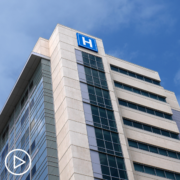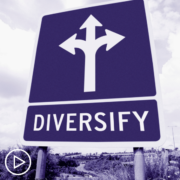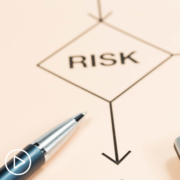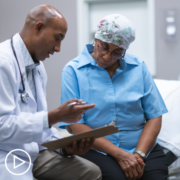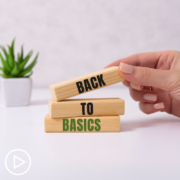How Can MPN Providers and Patients Guard Against Disease Progression?
How Can MPN Providers and Patients Guard Against Disease Progression? from Patient Empowerment Network on Vimeo.
How exactly can myeloproliferative neoplasm (MPN) providers and patients guard against disease progression? Expert Natasha Johnson explains the likelihood of disease progression and the importance of monitoring blood cell counts and symptoms for optimal care.
[ACT]IVATION TIP
“…monitor your blood cell counts, be your own advocate. Think about if they’re changing, could it be medication, or is it disease progression? Monitor your symptoms. Look at the total symptoms score or write down your symptoms and try to record where you’re at in intervals. Are things getting worse? If they are, don’t wait three months for your next appointment. Contact your healthcare provider and ask to be seen. Ask about getting a repeat bone marrow biopsy to establish where the current disease status is because that can open up doors possibly to more treatments.”
Related Resources:
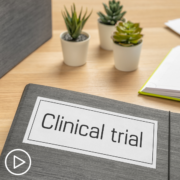
How Can MPN Experts Help Inform Patients About Clinical Trials? |

|
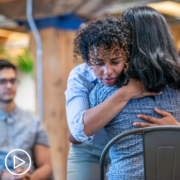
|
Transcript:
Natasha Johnson:
There is a risk for progression for patients with MPN. When we look at this, we know that myeloproliferative neoplasms is really an umbrella term for three different diseases that run along a continuum. And they all are unique in that they have an overactive JAK-STAT pathway. And in that, they have very similar disease characteristics and driver mutations. So with that, progression is possible. It doesn’t mean that it’ll happen. It doesn’t matter what the percentage is. We don’t know that, we can’t say it definitely happens, but it’s something that we watch for. We educate you on those signs and symptoms of progression. So this could be caught early and be activated on early. So what are signs of progression? Progression can be thought as if you start to see changes in blood cell counts.
So this could mean a decrease in hemoglobin or platelets, or a rise or decrease in white blood cell counts. Now it’s very important to remember that sometimes changes in blood cell counts is really a side effect to medication, and that needs to be thought of before you think about disease progression. But it’s changes in these counts that don’t improve despite modifying the dose of medication. Another sign of disease progression is an increase or worsening in symptoms.
And here is where it’s important to know what the symptoms are and try to think about or keep a record in where you were and then where you are at today. When we think progression may be happening, it is important that your provider order a bone marrow biopsy, because that helps to reestablish current disease status, and it helps to guide treatment. Maybe it opens doors for more treatments.
My activation tip here would be, number one, monitor your blood cell counts, be your own advocate. Think about if they’re changing, could it be medication, or is it disease progression? Monitor your symptoms. Look at the total symptoms score or write down your symptoms and try to record where you’re at in intervals. Are things getting worse? If they are, don’t wait three months for your next appointment. Contact your healthcare provider and ask to be seen. Ask about getting a repeat bone marrow biopsy to establish where the current disease status is because that can open up doors possibly to more treatments.
Share Your Feedback
Create your own user feedback survey




